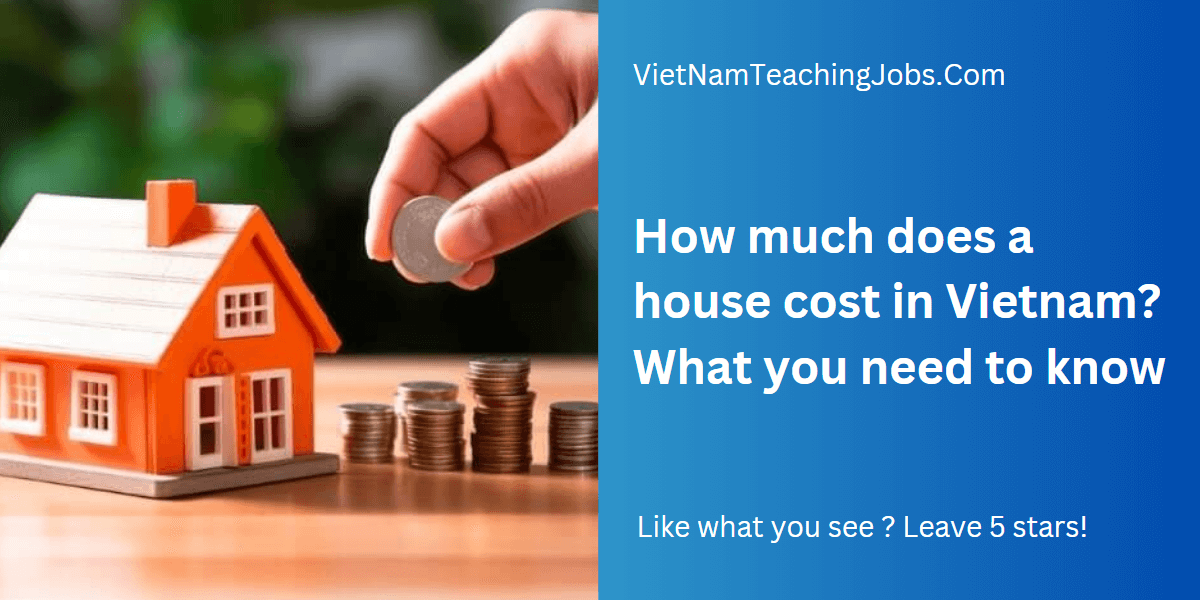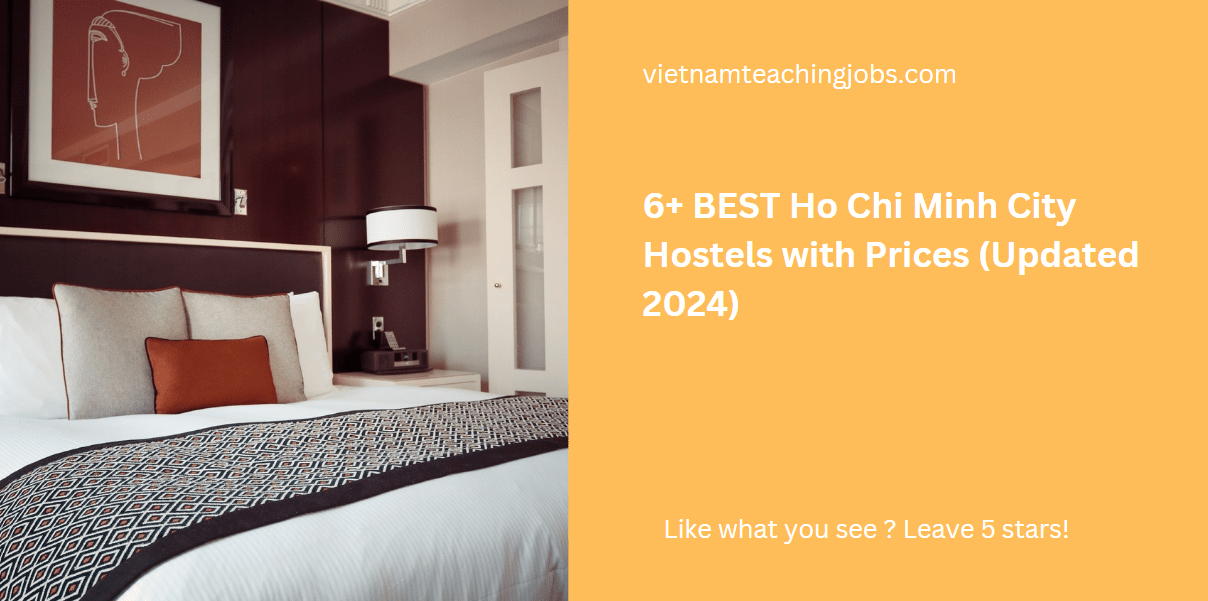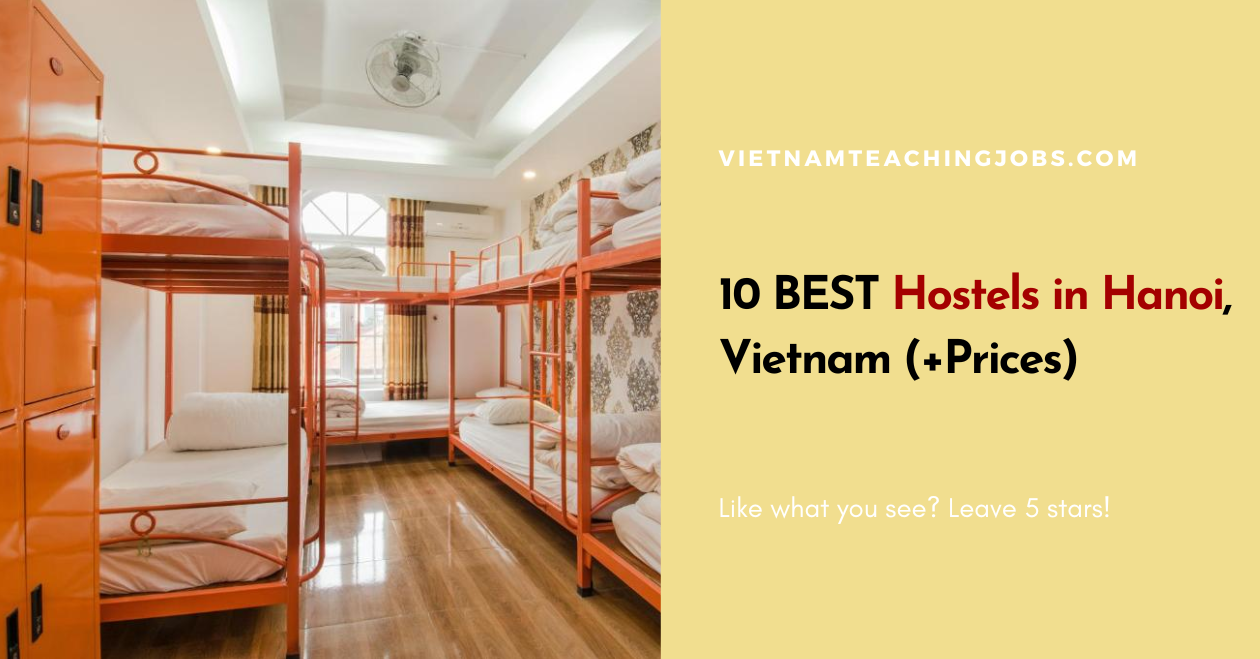Can foreigners buy property in Vietnam? It’s a popular query for those curious about Vietnam’s lively property market. The short answer is yes, but there are some important rules and conditions that foreigners should know about. In this article, VTJ will walk you through the key details and give you a clear picture of what you need to understand before diving into property buying in Vietnam.
Can foreigners buy property in Vietnam? Why or why not?
Yes, foreigners can buy property in Vietnam. While Vietnamese law prohibits foreigners from owning land, they can still invest in properties attached to the land through long-term leases. These properties, like apartments or villas in certain projects, often come with long-term lease agreements that can last for several decades.
Read more: How much does a house cost in Vietnam? What you need to know
What types of real estate can foreigners buy in Vietnam?
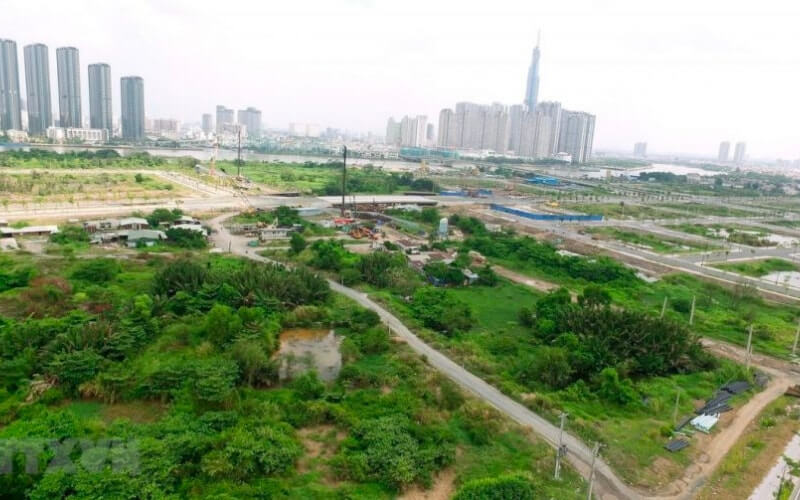 What types of real estate can foreigners buy in Vietnam?
What types of real estate can foreigners buy in Vietnam?
Foreigners can buy several types of real estate in Vietnam, but there are specific regulations and limitations.
- Apartments/condos: Foreigners can buy apartments in buildings that have long-term land use rights, typically for a period of 50 to 70 years.
- Houses/Villas (Land-based properties): While foreigners cannot directly own land in Vietnam, they can buy houses or villas through long-term leases on the land, generally lasting up to 70 years. Lease extensions can be negotiated.
- Commercial/Industrial properties: Foreigners are allowed to purchase commercial or industrial real estate, such as warehouses or factories. Similar to residential properties, the land itself cannot be owned, but the buildings can be acquired through lease agreements.
These options make it possible for foreigners to invest in Vietnam’s real estate market, albeit with some restrictions on land ownership.
Restrictions for foreigners buying industrial real estate
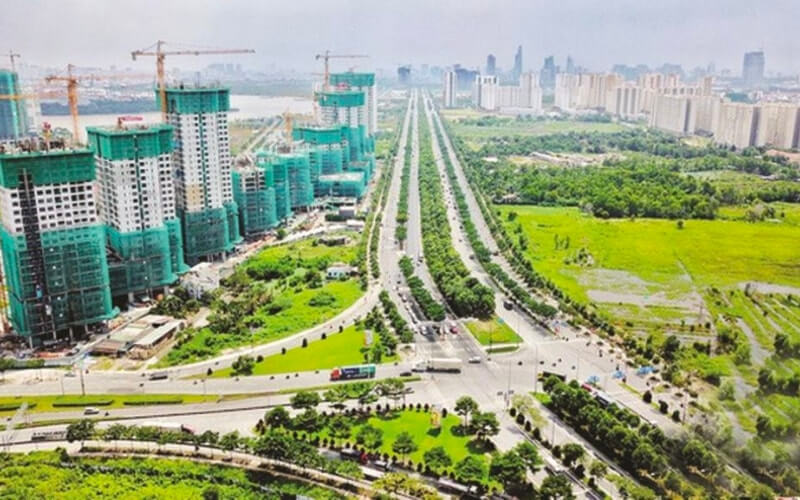 Restrictions for foreigners buying industrial real estate
Restrictions for foreigners buying industrial real estate
Vietnam’s real estate ownership laws for foreigners have some important differences. While foreigners can’t directly own land, they can still invest in and own buildings on leased land.
Land usage rights: For personal ownership, foreigners can buy apartments in designated commercial housing projects for a term of 50 years, with the possibility of extension after the initial period. This ownership is recorded in the land use rights certificate (Sổ hồng).
Marriage benefits: Foreigners married to Vietnamese citizens can obtain permanent ownership rights. This means they can own property just like Vietnamese citizens.
Ownership through a Company: Foreign companies can own real estate as long as their investment project is active. The exact timeframe will be detailed in their official investment certificate.
Ownership limits: Foreigners can buy up to:
- 30% of the apartments in a condominium.
- 10% of the houses in a residential project.
- Up to 250 houses in a population area equivalent to a ward.
In areas where ownership limits are in place, if a foreigner inherits property, they cannot receive the property directly. Instead, they will receive an equivalent value of the inherited property.
Foreign ownership of property comes with a land lease term of 50 years, and applications for lease extensions can be submitted up to three months before the lease expires. During this period, the owner can sell or bequeath the property. If the lease isn’t extended or the property isn’t sold before the deadline, the ownership will revert to the state ownership.
Read more: Cost of living in Hanoi, Vietnam
How can foreigners buy property in Vietnam?
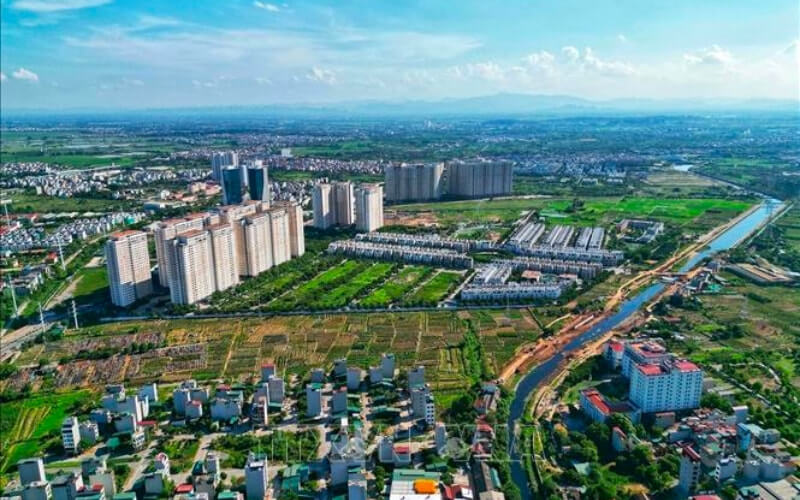 How can foreigners buy property in Vietnam?
How can foreigners buy property in Vietnam?
Foreigners can definitely invest in real estate in Vietnam, but there are a few key things you need to know.
Key considerations for buying industrial real estate in Vietnam
- Location and accessibility: It’s essential to pick a spot that’s close to transportation hubs like highways, seaports, or airports. This makes moving goods and materials much easier. Also, having a skilled workforce nearby is crucial. Being close to technical universities or industrial zones can help ensure you have access to the right talent for your business.
- Legal procedures and documentation: Vietnam has specific rules for foreigners looking to lease land for business purposes. You’ll need to follow several steps, including submitting a formal land lease application, getting an investment registration certificate, signing a lease agreement, and paying a deposit. These procedures are all part of making sure everything is done legally and properly.
- Operating and maintenance costs: Beyond the initial purchase price, think about the ongoing costs of running and maintaining your property. This includes property taxes, utility bills (like waste management fees and security), and maintenance or repair costs. You should also consider any renovations you might need to meet specific needs for your business.
The process of buying industrial real estate in Vietnam
- Research and property selection: Start by researching thoroughly. Look for locations that are well-connected to transport networks and have the right infrastructure. Make sure the property fits your development goals and complies with zoning laws.
- Negotiation with the developer: Once you’ve found a property you like, you’ll enter the negotiation phase. Carefully review the sale and purchase agreement (SPA) to ensure it clearly outlines the responsibilities of the developer and any guarantees.
- Contract notarization: After finalizing the SPA, both parties need to meet with a Vietnamese notary to officially notarize the contract. This step is crucial as it validates the agreement and serves as proof of the transaction. Having a translator present can be helpful to ensure you understand everything in the contract.
Read more: Cost of living in Ho Chi Minh city, Vietnam
By following these steps and being aware of the local regulations, you can navigate the Vietnamese property market with confidence.
Foreigners can definitely buy property in Vietnam, but there are some rules and restrictions to be aware of. From understanding land lease agreements to comprehending ownership limits, navigating the Vietnamese real estate market requires careful planning. With a bit of research and by following the guidelines, you can make a smart investment and enjoy the perks of owning property in this exciting country.


